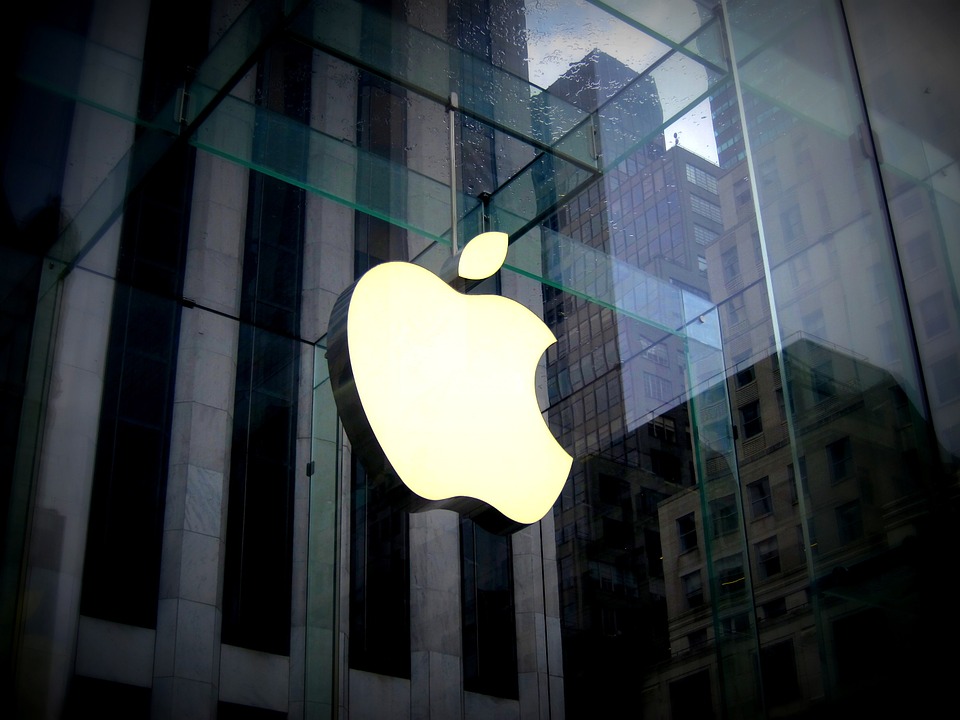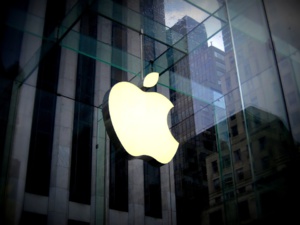Last week, Apple witnessed a “major win” when the second highest court of Europe dismissed an EU payment order to former of “13 billion euros” for “Irish back taxes” as a way to deal with a blow to the attempts made by the bloc to “crack down on sweetheart tax deals”. Four years ago, the European Commission had come out with an order stating that the iPhone manufacturers was benefitting from “illegal state aid via two Irish tax rulings” which helped in artificially reducing “tax burden for over two decades” whereby bringing it “as low as 0.005% in 2014”.
In reference to the “competition rules” of the EU, here is what the judges said:
“The General Court annuls the contested decision because the Commission did not succeed in showing to the requisite legal standard that there was an advantage for the purposes of Article 107(1) TFEU1”.
The judges dismissed the EU charge on “Apple Sales International (ASI) and Apple Operations Europe (AOE)”, two of Apple’s subsidiaries in Ireland, for being privileged of “a selective economic advantage” and by large receiving “state aid”.
The ruling was a happy news for Apple Inc, as it had expressed concerned not about paying the tax altogether but about where the tax was needed to pay. Irish government, however, has maintained that it wasn’t partial towards Apply. According to Reuters:
“The defeat for European Competition Commissioner Margrethe Vestager could weaken or delay pending cases against Ikea’s and Nike’s deals with the Netherlands, as well as Huhtamaki’s agreement with Luxembourg.
“Vestager, who has made the tax crackdown a centrepiece of her time in office, saw the same court last year overturn her demand for Starbucks to pay up to 30 million euros in Dutch back taxes. In another case, the court also threw out her ruling against a Belgian tax scheme for 39 multinationals”.
Vestager has decided to study the ruling of the court before thinking about “possible next steps”. Right now, the Commission has a choice of appealing on the “EU Court of Justice”. While, the head of “Law Faculty” at London’s New College of Humanities, Dimitrios Kyriazis thinks that even though the Commission has received the order to pay the legal cost of Ireland as well as Apple, it still has a chance to “salvage its case”. In his words:
“Its defeat is very similar to its defeat in the Starbucks cases, that is it won on matters of legal principle and lost due to the allocation of evidentiary onus”.
“It is more likely that the Commission will re-adopt a decision against Ireland and Apple and try to show exactly how the tax rulings granted AOE and ASI a selective advantage”.
References:
reuters.com
In reference to the “competition rules” of the EU, here is what the judges said:
“The General Court annuls the contested decision because the Commission did not succeed in showing to the requisite legal standard that there was an advantage for the purposes of Article 107(1) TFEU1”.
The judges dismissed the EU charge on “Apple Sales International (ASI) and Apple Operations Europe (AOE)”, two of Apple’s subsidiaries in Ireland, for being privileged of “a selective economic advantage” and by large receiving “state aid”.
The ruling was a happy news for Apple Inc, as it had expressed concerned not about paying the tax altogether but about where the tax was needed to pay. Irish government, however, has maintained that it wasn’t partial towards Apply. According to Reuters:
“The defeat for European Competition Commissioner Margrethe Vestager could weaken or delay pending cases against Ikea’s and Nike’s deals with the Netherlands, as well as Huhtamaki’s agreement with Luxembourg.
“Vestager, who has made the tax crackdown a centrepiece of her time in office, saw the same court last year overturn her demand for Starbucks to pay up to 30 million euros in Dutch back taxes. In another case, the court also threw out her ruling against a Belgian tax scheme for 39 multinationals”.
Vestager has decided to study the ruling of the court before thinking about “possible next steps”. Right now, the Commission has a choice of appealing on the “EU Court of Justice”. While, the head of “Law Faculty” at London’s New College of Humanities, Dimitrios Kyriazis thinks that even though the Commission has received the order to pay the legal cost of Ireland as well as Apple, it still has a chance to “salvage its case”. In his words:
“Its defeat is very similar to its defeat in the Starbucks cases, that is it won on matters of legal principle and lost due to the allocation of evidentiary onus”.
“It is more likely that the Commission will re-adopt a decision against Ireland and Apple and try to show exactly how the tax rulings granted AOE and ASI a selective advantage”.
References:
reuters.com






